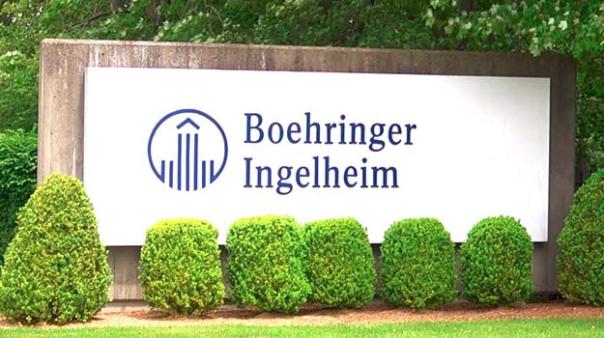Boehringer Ingelheim BI409306 Alzheimer's disease phase 2 trial failed February 11, 2018 Source: Sina Pharmaceutical On February 9, Germany's Boehringer Ingelheim (BI) said that the company's drug candidate BI409306 for Phase II clinical trials for Alzheimer's disease treatment failed to reach the end point of efficacy, the company will not continue to use BI409306 for Alz The continued development of Haimo. But the company believes that the drug has therapeutic hopes for schizophrenia, and the company will focus on ongoing clinical trials of schizophrenia. BI 409306 is a PDE9 inhibitor. In two studies, BI stated that BI409306 did not exhibit cognitive ability over placebo. These Alzheimer's treatment trials are part of a wide range of clinical trials aimed at exploring the effectiveness of compounds targeting specific (glutamate) brain circuit dysfunction as potential new therapies for the treatment of specific symptoms of psychiatric disorders. Therefore, clinical studies were conducted in the compound BI 409306 in patients with schizophrenia and Alzheimer's-related cognitive impairment and memory impairment. The next step will focus on two studies in the treatment of schizophrenia, with the aim of preventing disease recurrence and preventing the first schizophrenia. BI will continue to explore and experiment with Alzheimer's disease, and the company has planned to advance another compound, the GlyT1 inhibitor BI425809, into a clinical phase 2 study for a range of central nervous system indications, including Alzheimer's disease. treatment. Dr. Jan Poth, head of BI central nervous system and immunotherapeutics, said: "People have great expectations for any research that can provide solutions for Alzheimer's disease (such as Alzheimer's disease). The significance of scientific research is that even if failure is a common event, the results of clinical trials obtained will increase our understanding of brain function and contribute to future progress in this area." After a thorough review of the complete trial data, BI intends to submit the full results at the Alzheimer's Association International Conference (AAIC) in July this year. Dementia is one of the most serious diseases of the central nervous system. In 2017, the number of people suffering from some form of dementia was 50 million. This number will almost double every 20 years, reaching 75 million by 2030 and reaching 131 million by 2050. BI is part of the European "We won't rest, we won't rest" initiative, which aims to develop lasting therapies for dementia, schizophrenia and other diseases. (Sina Pharmaceutical Compilation / David) Articles, images reference source: Boehringer Ingelheim Ditches Phase II Alzheimer's Program Highlighter,Highlighter Makeup,Liquid Highlighter,Face Highlighter Guangzhou Lingxue Cosmetics Co., Ltd , https://www.gzlxgj188.com